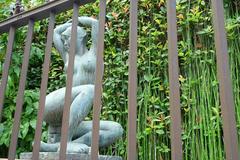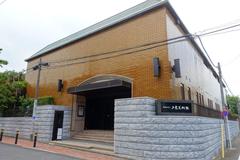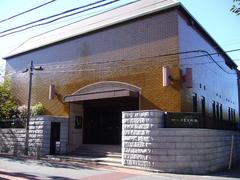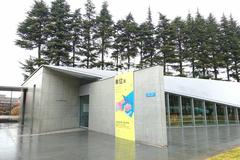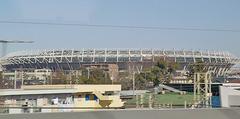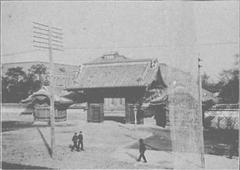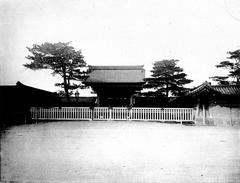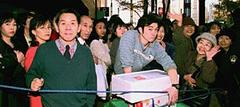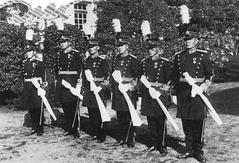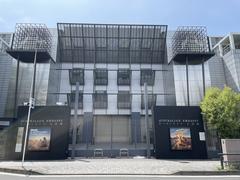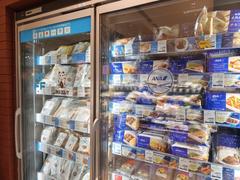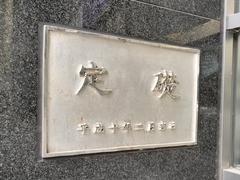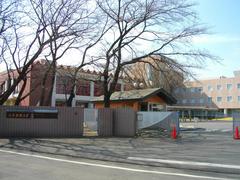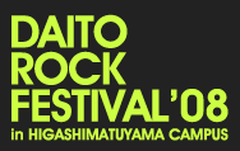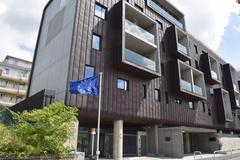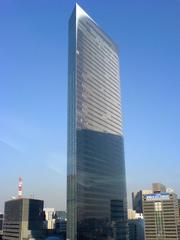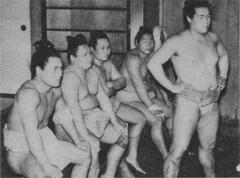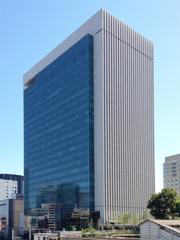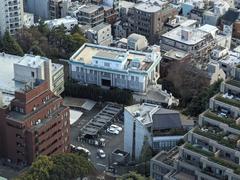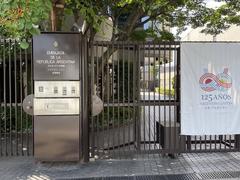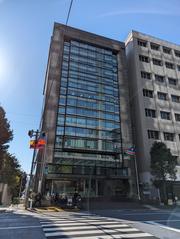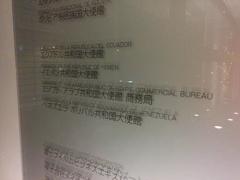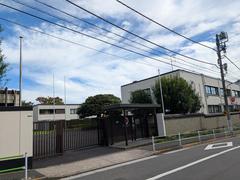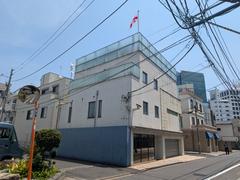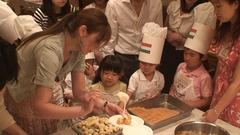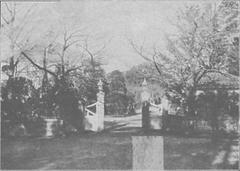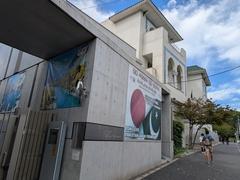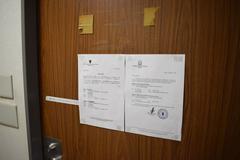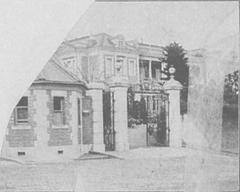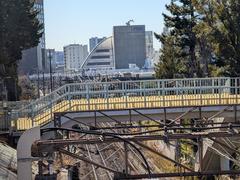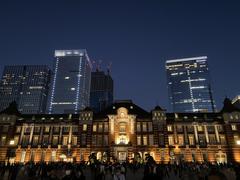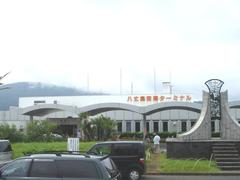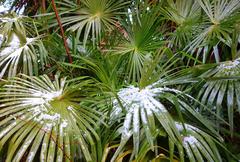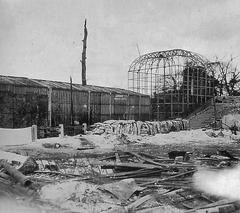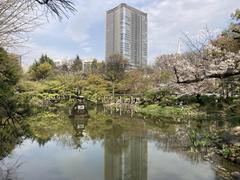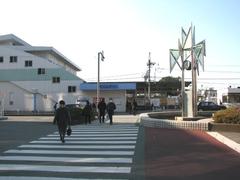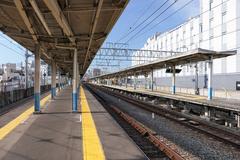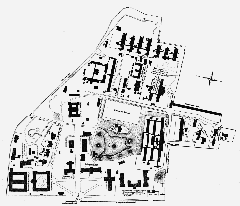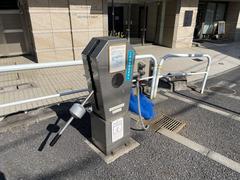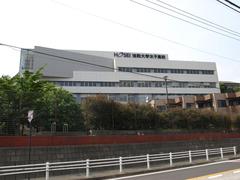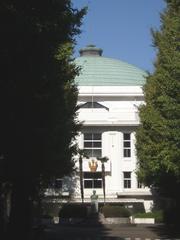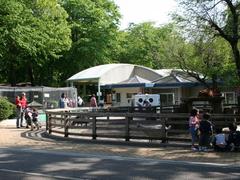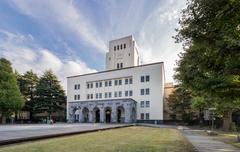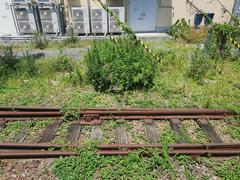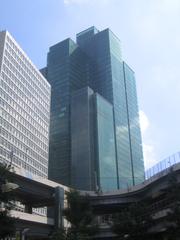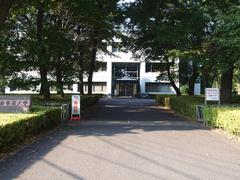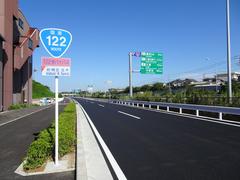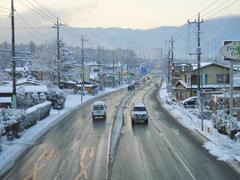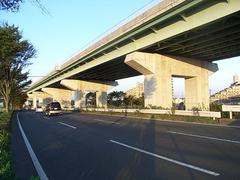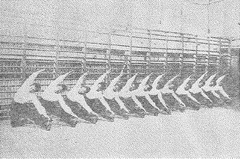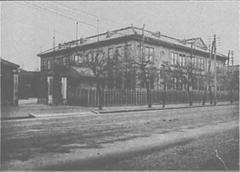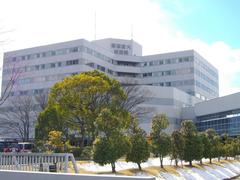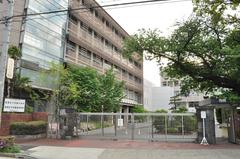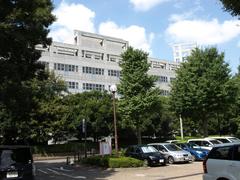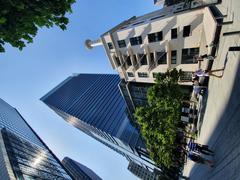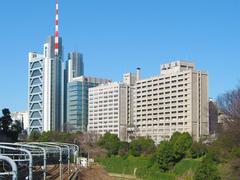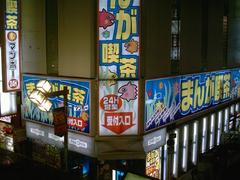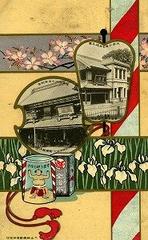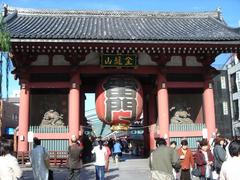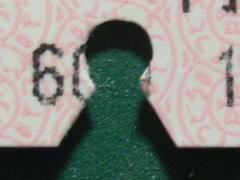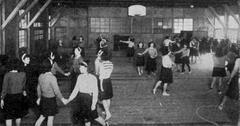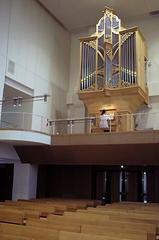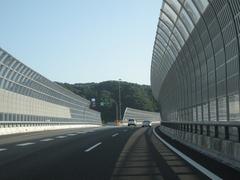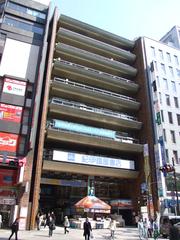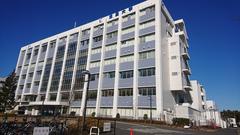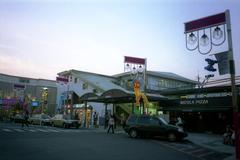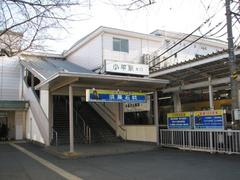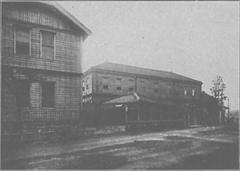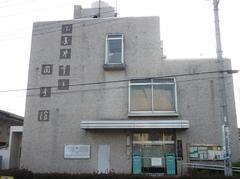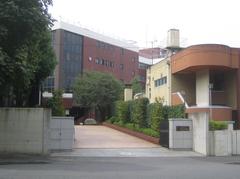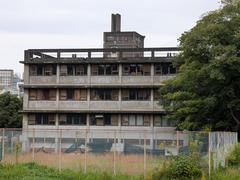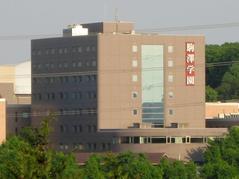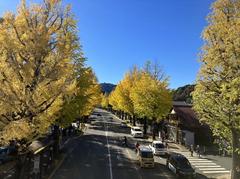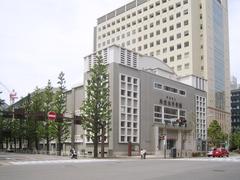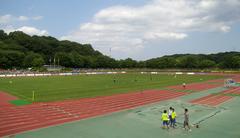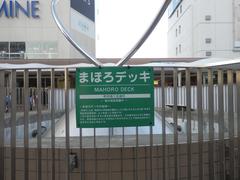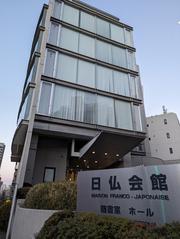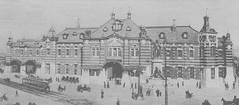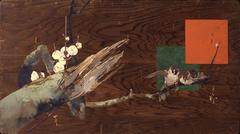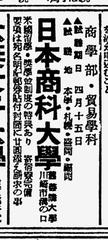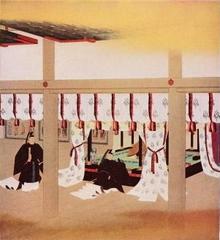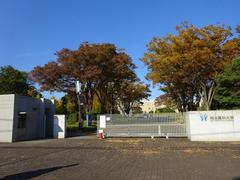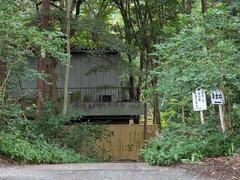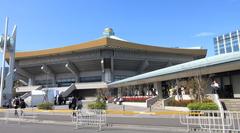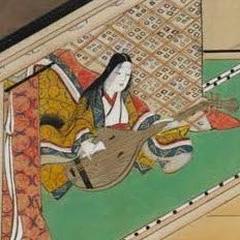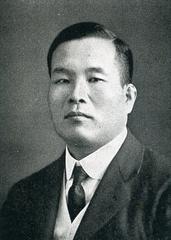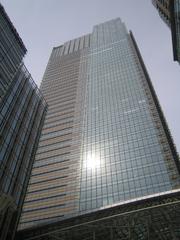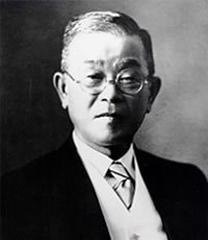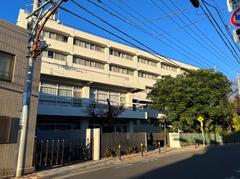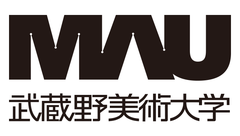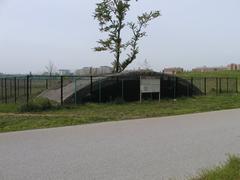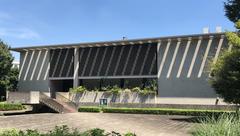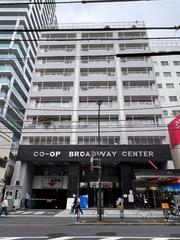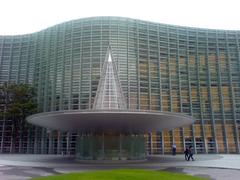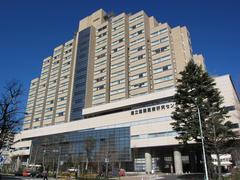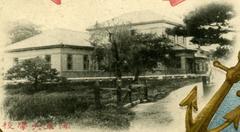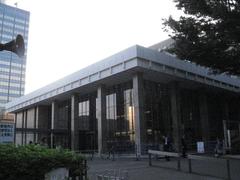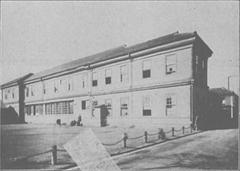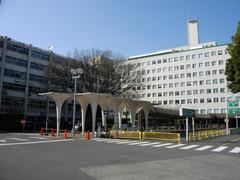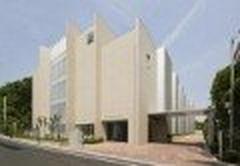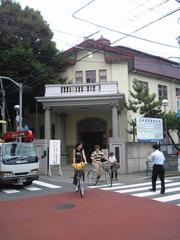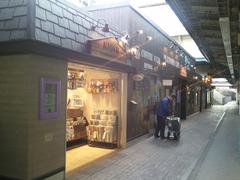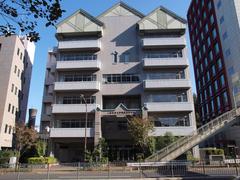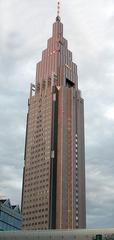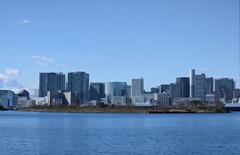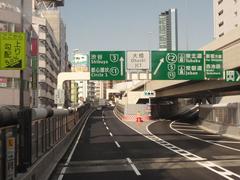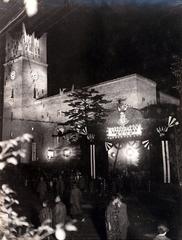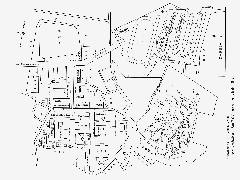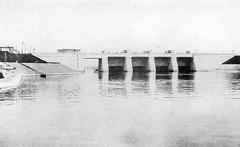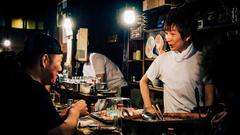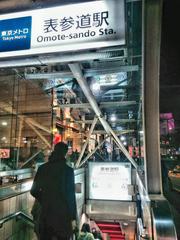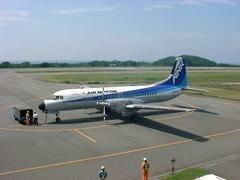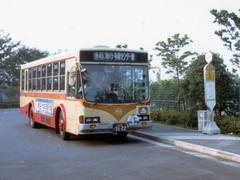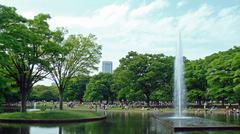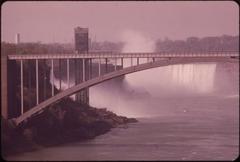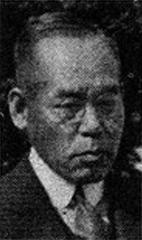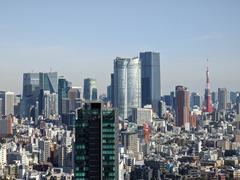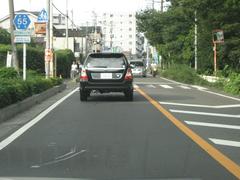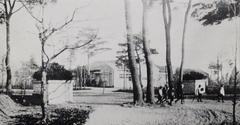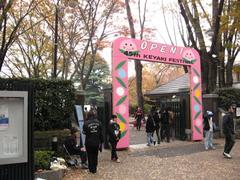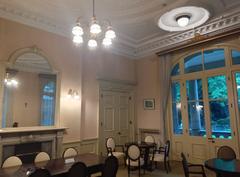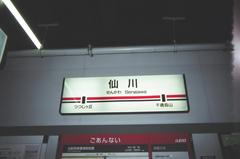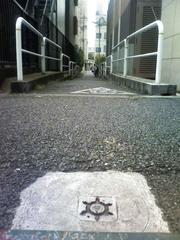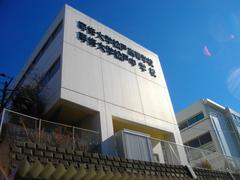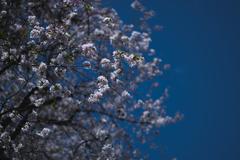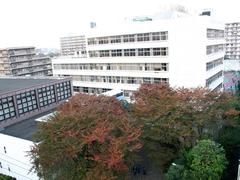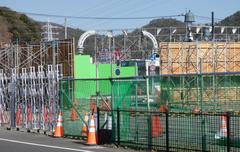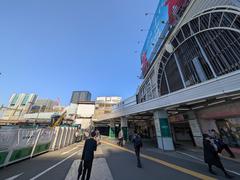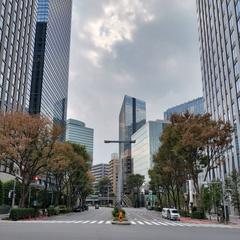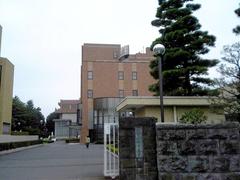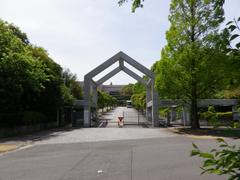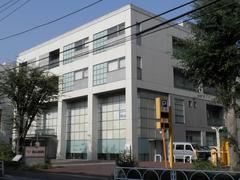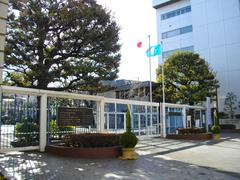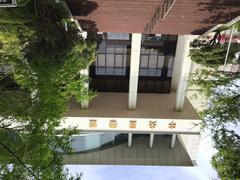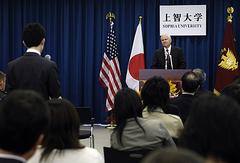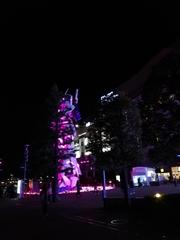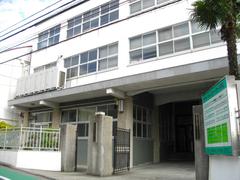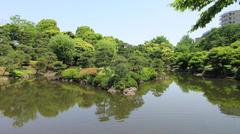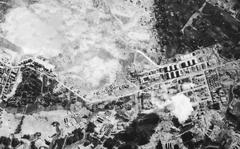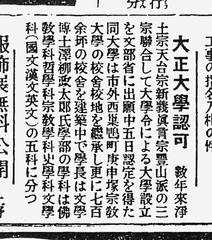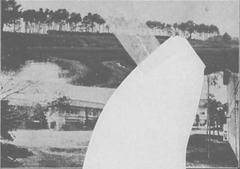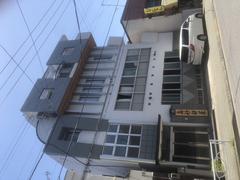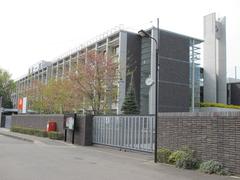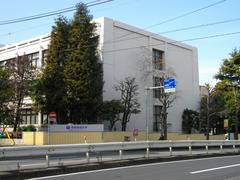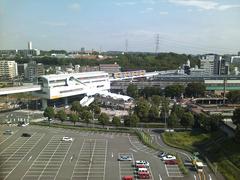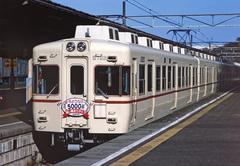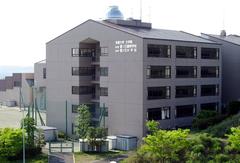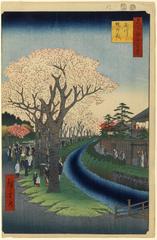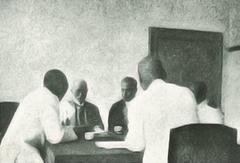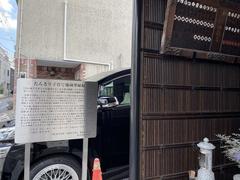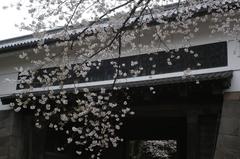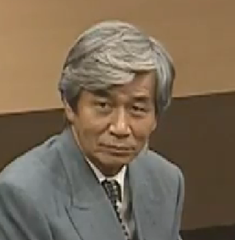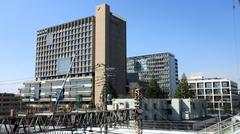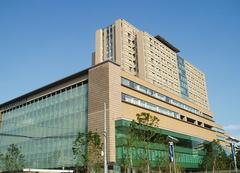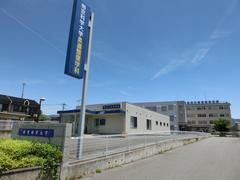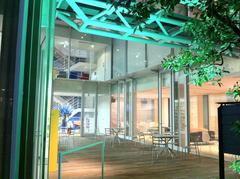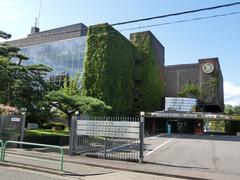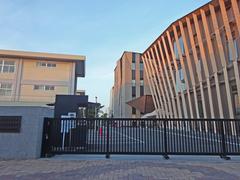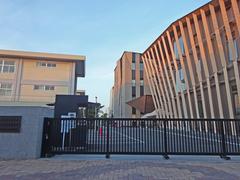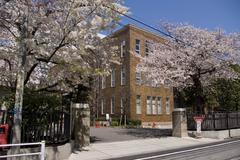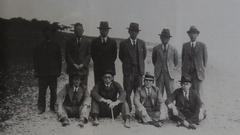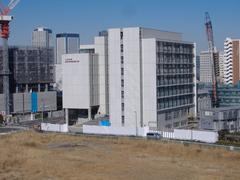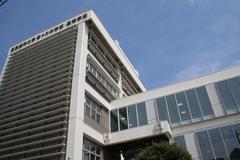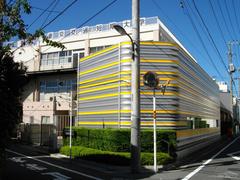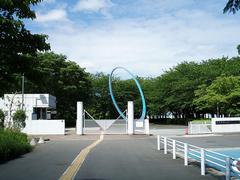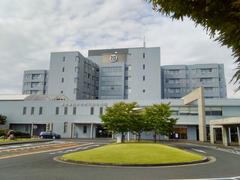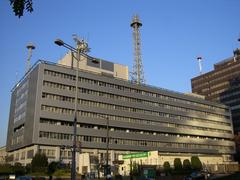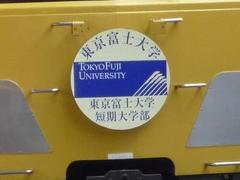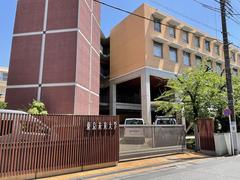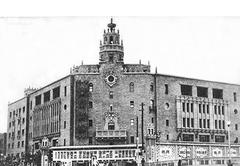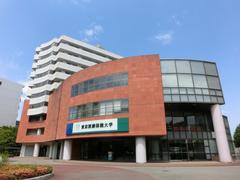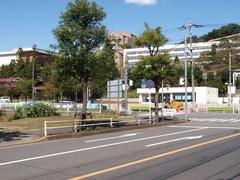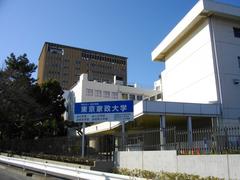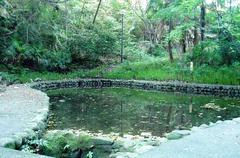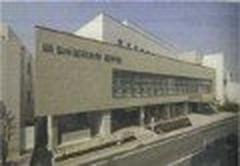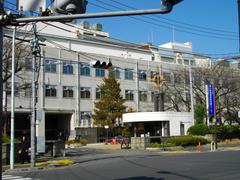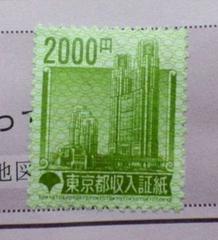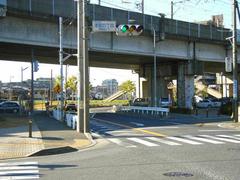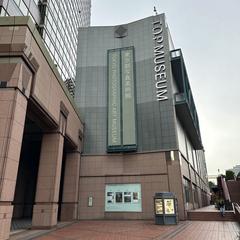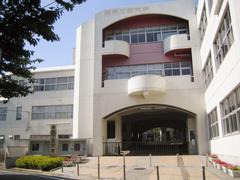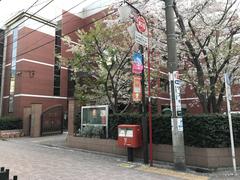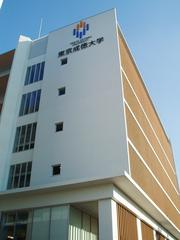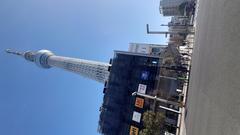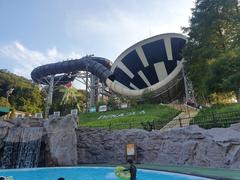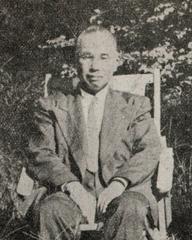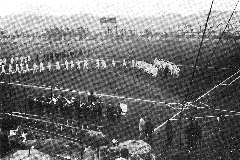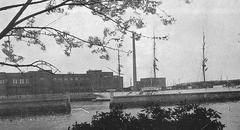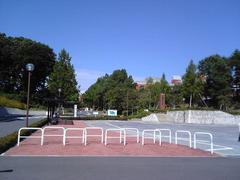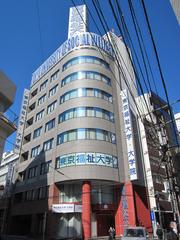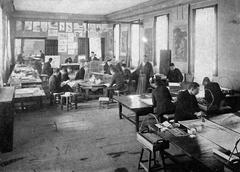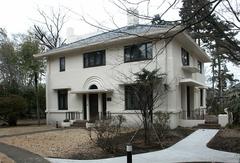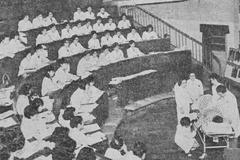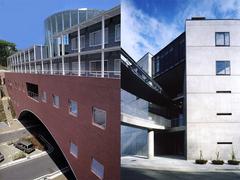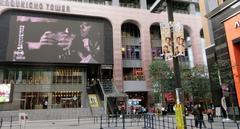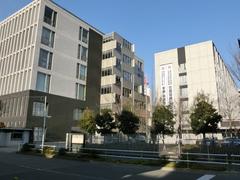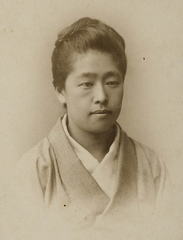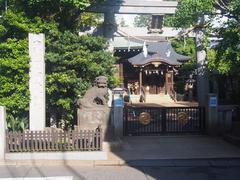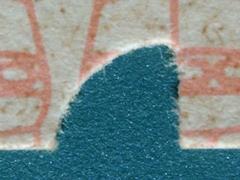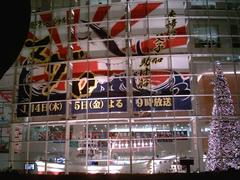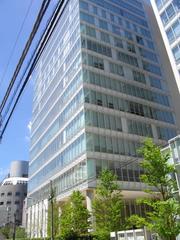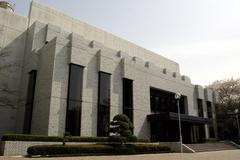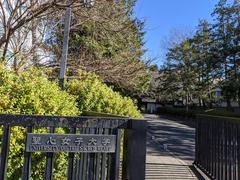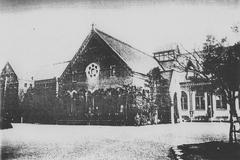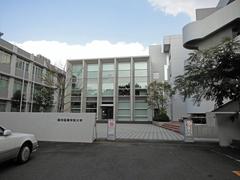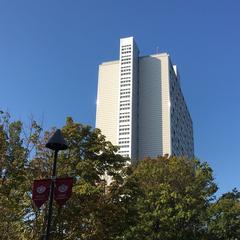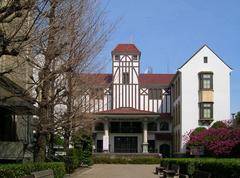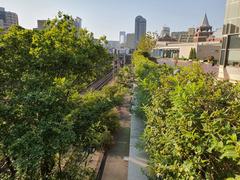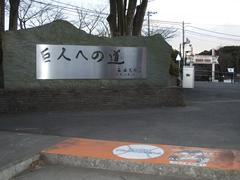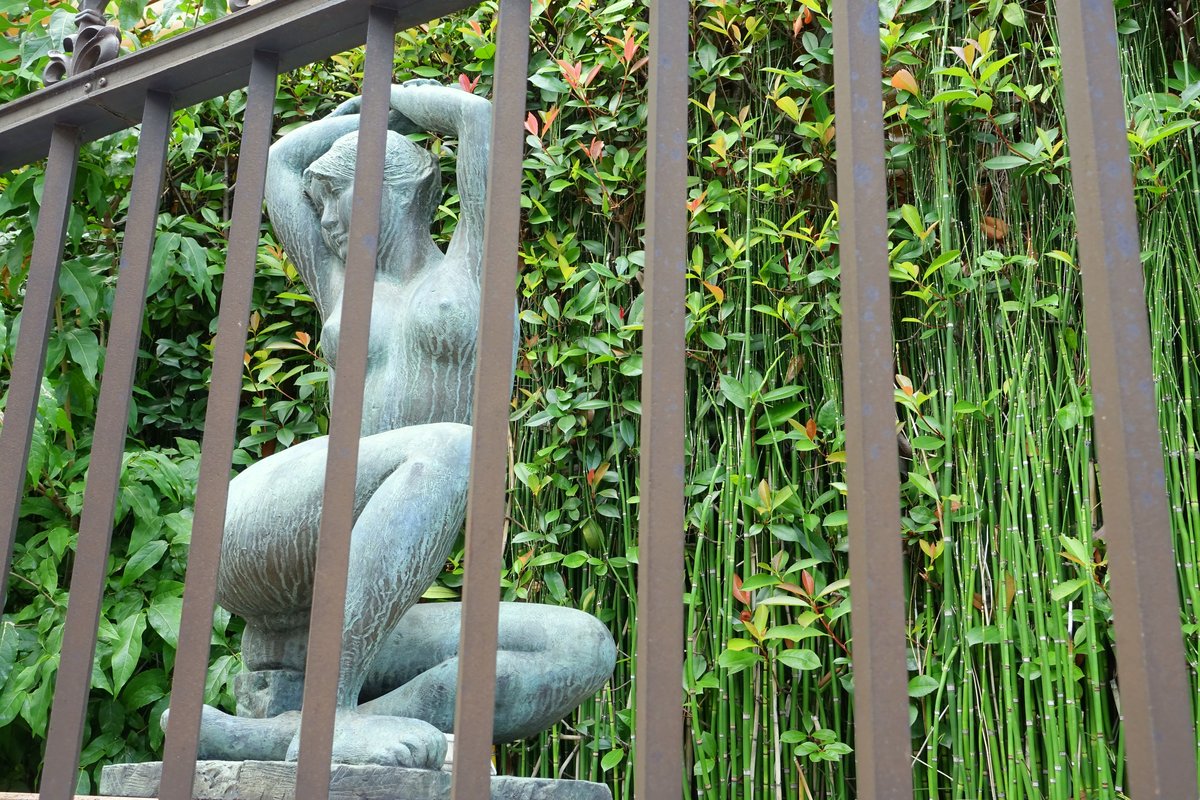
Visiting Toguri Museum of Art Tokyo Guide
Publication Date: 19/07/2024
Introduction to Toguri Museum of Art
Nestled in the vibrant Shibuya district of Tokyo, the Toguri Museum of Art stands as a beacon for those passionate about Japanese ceramics. Established in 1987 by Tohru Toguri, a fervent collector of ceramics, the museum offers a window into the intricate and colorful world of Imari ware and other notable ceramics such as Kakiemon, Nabeshima, and Kutani (Toguri Museum of Art - History, Tickets, and Visitor Information). With over 7,000 pieces in its collection, the museum not only showcases the aesthetic splendor of these artifacts but also emphasizes their historical and cultural significance. The museum’s commitment to education is evident through its extensive range of programs, including guided tours, hands-on workshops, and lectures, designed to deepen visitors’ appreciation and understanding of Japanese ceramics (Complete Guide to Visiting Toguri Museum of Art - Hours, Tickets, and Tips). Whether you are a seasoned collector or a curious traveler, the Toguri Museum of Art promises an enriching experience that celebrates the timeless artistry of Japanese pottery.
Contents Overview
- Visiting Toguri Museum of Art - History, Tickets, and Visitor Information
- Founding and Early Years
- Collection Highlights
- Architectural Significance
- Cultural Impact
- Educational Programs
- Preservation Efforts
- Visitor Experience
- Accessibility and Visitor Information
- Ticket Prices
- Travel Tips
- Nearby Attractions
- Accessibility Information
- Unique Events and Guided Tours
- FAQ
- Visit and Stay Up to Date
- Complete Guide to Visiting Toguri Museum of Art - Hours, Tickets, and Tips
- History and Cultural Significance
- Visitor Information and Tips
- Location and Accessibility
- Visiting Hours and Admission Fees
- Exhibitions and Collections
- Guided Tours and Educational Programs
- Visitor Amenities
- Photography and Conduct
- Special Events and Photography Spots
- Nearby Attractions
- Tips for a Memorable Visit
- Frequently Asked Questions
- Explore Exhibitions and Educational Programs at Toguri Museum of Art in Tokyo
- Introduction
- Exhibitions and Educational Programs at Toguri Museum of Art
- Permanent Exhibitions
- Special Exhibitions
- Educational Programs
- Guided Tours
- Workshops
- Lectures and Seminars
- Children’s Programs
- Interactive Tours
- Storytelling Sessions
- Art-Making Activities
- Collaborative Programs
- School Programs
- University Partnerships
- Cultural Exchanges
- Visitor Information
- Ticket Prices and Visiting Hours
- Travel Tips
- Accessibility
- Special Events and Photographic Spots
- FAQs
Visiting Toguri Museum of Art - History, Tickets, and Visitor Information
Founding and Early Years
The Toguri Museum of Art, located in the Shibuya district of Tokyo, Japan, was established in 1987 by Tohru Toguri. Toguri, a passionate collector of ceramics, aimed to create a space where the beauty and craftsmanship of Japanese and Asian ceramics could be appreciated by the public. The museum’s collection primarily focuses on Imari ware, a type of Japanese porcelain that originated in the town of Arita in the early 17th century.
Collection Highlights
The Toguri Museum of Art houses an impressive collection of over 7,000 pieces, with a significant portion dedicated to Imari ware. Imari ware, known for its vibrant colors and intricate designs, was initially produced for domestic use but later became a major export item to Europe. The museum’s collection includes a variety of Imari pieces, ranging from everyday items like plates and bowls to more elaborate decorative pieces.
In addition to Imari ware, the museum also features other types of Japanese ceramics, such as Kakiemon, Nabeshima, and Kutani ware. Each of these styles has its own unique characteristics and historical significance. For example, Kakiemon ware is known for its delicate and refined designs, while Nabeshima ware is celebrated for its high-quality craftsmanship and intricate patterns.
Architectural Significance
The Toguri Museum of Art is housed in a modern building designed to complement the traditional art it showcases. The architecture of the museum is minimalist, with clean lines and an emphasis on natural light. This design choice allows the ceramics to be the focal point, highlighting their beauty and craftsmanship. The museum’s layout is also carefully planned to guide visitors through the collection in a logical and engaging manner.
Cultural Impact
The Toguri Museum of Art plays a significant role in preserving and promoting Japanese ceramic art. By showcasing a wide range of ceramics from different periods and regions, the museum provides visitors with a comprehensive understanding of the history and development of Japanese ceramics. The museum also hosts special exhibitions, workshops, and lectures, further contributing to the appreciation and understanding of this art form.
One notable exhibition held at the museum was “The Beauty of Imari Ware - From the Toguri Collection,” which showcased some of the finest pieces from the museum’s collection. This exhibition highlighted the technical skill and artistic creativity of Imari ware, drawing attention to its historical and cultural significance.
Educational Programs
The Toguri Museum of Art is committed to education and offers a variety of programs for visitors of all ages. These programs include guided tours, hands-on workshops, and lectures by experts in the field of ceramics. The museum’s educational initiatives aim to foster a deeper appreciation and understanding of Japanese ceramics, encouraging visitors to explore the rich history and cultural significance of this art form.
Preservation Efforts
Preservation is a key focus of the Toguri Museum of Art. The museum employs a team of conservators who work diligently to maintain and restore the ceramics in the collection. This includes regular inspections, cleaning, and repairs as needed. The museum also collaborates with other institutions and experts to ensure that the best practices in conservation are followed.
Visitor Experience
Visitors to the Toguri Museum of Art can expect a serene and enriching experience. The museum’s layout is designed to provide a logical flow, allowing visitors to easily navigate through the collection. Informative labels and descriptions accompany each piece, providing context and background information. The museum also offers audio guides in multiple languages, enhancing the visitor experience.
For those interested in purchasing souvenirs, the museum shop offers a selection of ceramics, books, and other items related to Japanese art and culture. The shop provides an opportunity for visitors to take home a piece of the museum’s collection and further explore their interest in ceramics.
Accessibility and Visitor Information
The Toguri Museum of Art is easily accessible by public transportation, with the nearest station being Shibuya Station. The museum is open from 10 - 00 AM to 5 - 00 PM, Tuesday through Sunday, and is closed on Mondays and national holidays. Admission fees are reasonable, with discounts available for students, seniors, and groups.
Ticket Prices
- General Admission - 1,000 yen
- Students - 800 yen
- Seniors (65+) - 800 yen
- Groups (20+) - 800 yen per person
Travel Tips
- Best times to visit are weekdays in the late morning or early afternoon to avoid crowds.
- Combine your visit with other nearby attractions like Shibuya Crossing and Meiji Shrine for a full day of exploring Tokyo’s cultural sites.
Nearby Attractions
- Shibuya Crossing - One of Tokyo’s most iconic landmarks, just a short walk from the museum.
- Meiji Shrine - A serene and historic Shinto shrine located in nearby Shibuya.
- Yoyogi Park - Ideal for a relaxing stroll or picnic after your museum visit.
Accessibility Information
- The museum is wheelchair accessible, with ramps and elevators available.
- Accessible restrooms are provided on-site.
Unique Events and Guided Tours
- The museum frequently hosts unique events such as ceramic art demonstrations and special guided tours focusing on different aspects of the collection.
- Photographic spots are available throughout the museum, allowing visitors to capture memorable moments.
FAQ
What are the Toguri Museum of Art visiting hours?
- The museum is open from 10 - 00 AM to 5 - 00 PM, Tuesday through Sunday, and is closed on Mondays and national holidays.
How much are the tickets?
- General Admission is 1,000 yen. Discounts are available for students, seniors, and groups.
What are the best times to visit?
- Weekdays in the late morning or early afternoon are the best times to visit to avoid crowds.
Is the museum accessible for people with disabilities?
- Yes, the museum is wheelchair accessible and has accessible restrooms.
Visit and Stay Up to Date
For more information on visiting the Toguri Museum of Art, including current exhibitions and events, visitors can check the museum’s official website [here](https - //www.toguri-museum.or.jp). Follow us on social media for updates and download our mobile app Audiala for an enhanced visiting experience.
Conclusion
The Toguri Museum of Art is a must-visit destination for anyone interested in Japanese ceramics and art. With its extensive collection, educational programs, and commitment to preservation, the museum offers a unique and enriching experience for visitors. Whether you are a seasoned collector or a casual visitor, the Toguri Museum of Art provides a fascinating glimpse into the world of Japanese ceramics.
Complete Guide to Visiting Toguri Museum of Art - Hours, Tickets, and Tips
History and Cultural Significance
The Toguri Museum of Art, located in the Shibuya district of Tokyo, Japan, is renowned for its extensive collection of Japanese ceramics. Established in 1987 by Tohru Toguri, the museum aims to preserve and showcase the rich heritage of Japanese pottery, featuring pieces from the Edo period to the modern era. It serves as a cultural treasure trove, offering insights into Japan’s artistic evolution and craftsmanship.
Visitor Information and Tips
Location and Accessibility
The Toguri Museum of Art is located at 1-11-3 Shoto, Shibuya-ku, Tokyo 150-0046. It is conveniently situated near public transportation options. The nearest train station is Shinsen Station on the Keio Inokashira Line, approximately a 10-minute walk from the museum. Alternatively, visitors can reach the museum from Shibuya Station, a major transportation hub, which is about a 15-minute walk away. Limited parking spaces are available nearby, but public transport is recommended due to the busy nature of the Shibuya area.
Visiting Hours and Admission Fees
The Toguri Museum of Art is open from Tuesday to Sunday, from 10 - 00 AM to 5 - 00 PM. It is closed on Mondays, except when Monday is a national holiday, in which case the museum remains open and closes the following day. The museum is also closed during the New Year holidays and for exhibition changes.
Admission fees are as follows -
- Adults - ¥1,000
- University and high school students - ¥700
- Junior high and elementary school students - ¥400
Discounts are available for groups of 20 or more, and special exhibitions may have different pricing. Check the [official website](https - //www.toguri-museum.or.jp) for the latest information on admission fees and special exhibitions.
Exhibitions and Collections
The Toguri Museum of Art specializes in Japanese ceramics, with a collection that spans from the Edo period to the modern era. The museum’s permanent collection includes notable pieces such as Imari ware, Kakiemon, and Nabeshima ware. The museum also hosts temporary exhibitions that focus on specific themes or periods in Japanese ceramic history.
Visitors can expect to see a variety of beautifully crafted ceramics, including tea bowls, plates, and vases, each with intricate designs and historical significance. The museum provides detailed descriptions and historical context for each piece, enhancing the educational experience.
Guided Tours and Educational Programs
The Toguri Museum of Art offers guided tours for visitors who wish to gain deeper insights into the exhibits. These tours are available in both Japanese and English and can be booked in advance through the museum’s website or by phone. The guided tours are led by knowledgeable staff who provide detailed explanations of the exhibits and the history of Japanese ceramics.
In addition to guided tours, the museum also offers educational programs and workshops for both adults and children. These programs include hands-on activities such as pottery making and painting, allowing participants to experience the art of ceramics firsthand. Information on upcoming workshops and educational programs can be found on the [museum’s website](https - //www.toguri-museum.or.jp).
Visitor Amenities
The Toguri Museum of Art provides several amenities to ensure a comfortable visit. There is a museum shop located near the entrance, offering a variety of souvenirs, including replicas of the ceramics on display, books on Japanese art and ceramics, and other unique items.
For those looking to take a break during their visit, the museum has a small café that serves light refreshments, including tea, coffee, and traditional Japanese sweets. The café offers a relaxing atmosphere with views of the museum’s garden, making it a perfect spot to unwind.
Restrooms are available on-site, and the museum is wheelchair accessible, with ramps and elevators ensuring that all visitors can enjoy the exhibits.
Photography and Conduct
Photography is generally not allowed inside the exhibition halls to protect the delicate ceramics from potential damage caused by flash photography. However, visitors are welcome to take photos in designated areas, such as the museum’s garden and entrance hall. It is important to respect the museum’s rules and other visitors by maintaining a quiet and respectful demeanor while inside the exhibition halls.
Special Events and Photography Spots
The Toguri Museum of Art hosts special events throughout the year, including seasonal exhibitions and cultural festivals. These events offer unique opportunities to engage with Japanese art and culture in a dynamic setting. Additionally, the museum’s garden and entrance hall provide picturesque spots for photography, making them ideal for capturing memories of your visit.
Nearby Attractions
The Toguri Museum of Art is located in a culturally rich area of Shibuya, with several other attractions nearby. Visitors can explore the Shoto Museum of Art, which is just a short walk away and offers a diverse range of art exhibitions. The famous Shibuya Crossing and Hachiko Statue are also within walking distance, providing a glimpse into the bustling life of Tokyo.
For those interested in nature, the Shibuya area has several parks, including Yoyogi Park and Shinjuku Gyoen National Garden, both of which are ideal for a leisurely stroll or a picnic.
Tips for a Memorable Visit
- **Plan Ahead - ** Check the museum’s website for the latest information on opening hours, admission fees, and special exhibitions. Booking guided tours and workshops in advance is recommended.
- **Visit Early - ** To avoid crowds, especially on weekends and holidays, try to visit the museum early in the day.
- **Combine Visits - ** Make the most of your trip by visiting nearby attractions in Shibuya. The area offers a mix of cultural, historical, and modern experiences.
- **Respect the Rules - ** Follow the museum’s guidelines on photography and conduct to ensure a pleasant experience for all visitors.
- **Stay Hydrated - ** Bring a water bottle, especially during the summer months, as Tokyo can get quite hot and humid.
Frequently Asked Questions
What are the Toguri Museum of Art’s visiting hours?
The museum is open from Tuesday to Sunday, from 10 - 00 AM to 5 - 00 PM. It is closed on Mondays, except when Monday is a national holiday.
How do I buy tickets for the Toguri Museum of Art?
Tickets can be purchased at the museum entrance. For the latest information on admission fees and special exhibitions, visit the [official website](https - //www.toguri-museum.or.jp).
Is photography allowed inside the Toguri Museum of Art?
Photography is not allowed inside the exhibition halls but is permitted in designated areas such as the garden and entrance hall.
Stay Up to Date
For the latest updates on exhibitions, events, and educational programs, visit the [official website](https - //www.toguri-museum.or.jp). Follow the museum on social media and download the mobile app Audiala to enhance your visit.
By following these tips and making the most of the amenities and programs offered, visitors can enjoy a rich and educational experience at the Toguri Museum of Art.
Explore Exhibitions and Educational Programs at Toguri Museum of Art in Tokyo
Introduction
Nestled in the heart of Tokyo, the Toguri Museum of Art offers a captivating journey through the history and artistry of Japanese ceramics. Renowned for its extensive collection and engaging educational programs, the museum provides a rich cultural experience for visitors of all ages. This article will guide you through the museum’s permanent and special exhibitions, educational programs, and practical visitor information, ensuring you make the most of your visit.
Exhibitions and Educational Programs at Toguri Museum of Art
Permanent Exhibitions
The Toguri Museum of Art is renowned for its extensive collection of Japanese ceramics, which spans from the Edo period (1603-1868) to the modern era. The permanent exhibition showcases a variety of ceramics, including Imari, Kakiemon, Nabeshima, and Kutani ware. These pieces are meticulously curated to highlight the evolution of Japanese ceramic art, offering visitors a comprehensive understanding of the techniques, styles, and cultural significance of these artifacts.
The museum’s collection is particularly noted for its Imari ware, which originated in the town of Arita in the Saga Prefecture. Imari ware is characterized by its vibrant colors and intricate designs, often featuring floral and geometric patterns. The Toguri Museum’s collection includes some of the finest examples of Imari ware, making it a must-see for ceramics enthusiasts.
Special Exhibitions
In addition to its permanent collection, the Toguri Museum of Art hosts several special exhibitions throughout the year. These exhibitions often focus on specific themes, periods, or types of ceramics, providing visitors with a deeper insight into the diverse world of Japanese pottery. For instance, past exhibitions have included themes such as “The Beauty of Edo Period Ceramics” and “Modern Interpretations of Traditional Japanese Pottery.”
These special exhibitions are typically held for a few months and are accompanied by detailed descriptions and historical context, allowing visitors to appreciate the significance of each piece. The museum also collaborates with other institutions and private collectors to bring rare and unique ceramics to the public.
Educational Programs
The Toguri Museum of Art places a strong emphasis on education, offering a variety of programs designed to engage and inform visitors of all ages. These programs include guided tours, workshops, and lectures, all aimed at enhancing the visitor experience and fostering a deeper appreciation for Japanese ceramics.
Guided Tours
The museum offers guided tours led by knowledgeable docents who provide in-depth information about the exhibits. These tours are available in both Japanese and English, making them accessible to a wide audience. The guided tours are an excellent way to gain a deeper understanding of the history and techniques behind the ceramics on display.
Workshops
The museum also hosts hands-on workshops where participants can try their hand at creating their own ceramics. These workshops are led by experienced ceramic artists and provide a unique opportunity to learn traditional techniques such as wheel throwing and hand-building. The workshops are suitable for all skill levels, from beginners to advanced practitioners.
Lectures and Seminars
Throughout the year, the Toguri Museum of Art organizes lectures and seminars on various topics related to Japanese ceramics. These events feature experts in the field, including historians, artists, and curators, who share their knowledge and insights with the audience. Topics covered in these lectures range from the history of specific ceramic styles to contemporary trends in Japanese pottery.
Children’s Programs
Understanding the importance of nurturing an appreciation for art from a young age, the Toguri Museum of Art offers several programs specifically designed for children. These programs include interactive tours, storytelling sessions, and art-making activities that introduce young visitors to the world of ceramics in a fun and engaging way.
Interactive Tours
The interactive tours for children are designed to be both educational and entertaining. These tours often include hands-on activities, such as handling replica ceramics and participating in scavenger hunts, which help to keep young visitors engaged and interested.
Storytelling Sessions
Storytelling sessions are another popular program for children at the Toguri Museum of Art. These sessions use stories and legends related to Japanese ceramics to capture the imagination of young visitors. The stories are often accompanied by visual aids and props, making them an immersive experience.
Art-Making Activities
Art-making activities allow children to express their creativity while learning about traditional Japanese ceramic techniques. These activities are typically held in the museum’s dedicated education space and are led by experienced instructors. Children can create their own ceramic pieces, which they can take home as a souvenir of their visit.
Collaborative Programs
The Toguri Museum of Art frequently collaborates with schools, universities, and other cultural institutions to offer educational programs and resources. These collaborations often result in special exhibitions, joint research projects, and educational materials that are made available to the public.
School Programs
The museum offers tailored programs for school groups, including guided tours and hands-on workshops. These programs are designed to complement the school curriculum and provide students with a unique learning experience outside the classroom. Teachers can also access educational resources and materials provided by the museum to enhance their lessons on Japanese art and culture.
University Partnerships
The Toguri Museum of Art has established partnerships with several universities, both in Japan and internationally. These partnerships often involve joint research projects, student internships, and academic exchanges. University students studying art history, ceramics, and related fields can benefit from these collaborations by gaining access to the museum’s extensive collection and expertise.
Cultural Exchanges
The museum also participates in cultural exchange programs with other institutions around the world. These exchanges often involve loaning pieces from the museum’s collection to other museums and hosting exhibitions of foreign ceramics at the Toguri Museum of Art. These cultural exchanges help to promote a global appreciation for ceramic art and foster international collaboration.
Visitor Information
Ticket Prices and Visiting Hours
- **Tickets - ** Adults - ¥1000, Students - ¥800, Children (under 15) - Free
- **Visiting Hours - ** Tuesday to Sunday, 10 - 00 AM - 5 - 00 PM (Closed on Mondays and National Holidays)
Travel Tips
- **Location - ** The museum is located at 1-11-3 Shoto, Shibuya-ku, Tokyo 150-0046, Japan.
- **Access - ** Easily accessible via Shibuya Station, followed by a short walk or bus ride. Detailed directions can be found on the museum’s official website.
- **Nearby Attractions - ** Shibuya Crossing, Meiji Shrine, Yoyogi Park, and other historical sites in Tokyo.
Accessibility
The Toguri Museum of Art is committed to providing an inclusive experience for all visitors. The museum is wheelchair accessible, and assistance is available upon request. For specific accessibility needs, visitors are encouraged to contact the museum in advance.
Special Events and Photographic Spots
The museum occasionally hosts special events such as tea ceremonies, artist talks, and seasonal celebrations. These events provide unique opportunities to experience Japanese culture in an intimate setting. Additionally, the museum grounds and exhibitions offer several picturesque spots ideal for photography, ensuring you capture memorable moments of your visit.
FAQs
- What are the opening hours of the Toguri Museum of Art? The museum is open from Tuesday to Sunday, 10 - 00 AM - 5 - 00 PM, and closed on Mondays and National Holidays.
- What are the ticket prices for the Toguri Museum of Art? Tickets are priced at ¥1000 for adults, ¥800 for students, and free for children under 15.
- How can I get to the Toguri Museum of Art? The museum is accessible via Shibuya Station, followed by a short walk or bus ride. Detailed directions are available on the museum’s official website.
- Are there any guided tours available? Yes, the museum offers guided tours in both Japanese and English, led by knowledgeable docents.
- Can I participate in hands-on workshops? Yes, the museum hosts workshops where visitors can create their own ceramics, suitable for all skill levels.
Conclusion
The Toguri Museum of Art is a treasure trove of Japanese ceramic artistry and a hub for cultural education. Whether you’re a ceramics enthusiast, a history buff, or simply looking for an enriching experience in Tokyo, the museum offers something for everyone. Plan your visit today and immerse yourself in the beauty and history of Japanese ceramics. For more information on current and upcoming exhibitions and educational programs, visit the [Toguri Museum of Art’s official website](https - //www.toguri-museum.or.jp).
Call to Action
Discover more about the rich cultural heritage of Tokyo by exploring other related posts on our site. Don’t forget to download the Audiala mobile app for more travel tips and updates, and follow us on social media for the latest news and events.
Summary and Final Thoughts
The Toguri Museum of Art is more than just a repository of exquisite ceramics; it is a cultural haven that celebrates the rich heritage and craftsmanship of Japanese pottery. From its extensive collection of Imari ware to its thoughtfully curated special exhibitions, the museum offers a comprehensive journey through the history and evolution of Japanese ceramics (Explore Exhibitions and Educational Programs at Toguri Museum of Art in Tokyo). The museum’s dedication to education and preservation ensures that visitors of all ages can engage with the art form in meaningful ways, whether through guided tours, hands-on workshops, or educational lectures. With its accessible location in Shibuya and a range of visitor amenities, the Toguri Museum of Art provides a serene and enriching experience for all who walk through its doors. As you plan your visit, be sure to explore the museum’s official website for the latest updates on exhibitions and events. Whether you’re a local or a tourist, a visit to the Toguri Museum of Art is a must for anyone interested in the beauty and history of Japanese ceramics.
Sources and Further Reading
- Visiting Toguri Museum of Art - History, Tickets, and Visitor Information, 2024, Toguri Museum of Art source
- Complete Guide to Visiting Toguri Museum of Art - Hours, Tickets, and Tips, 2024, Toguri Museum of Art source
- Explore Exhibitions and Educational Programs at Toguri Museum of Art in Tokyo, 2024, Toguri Museum of Art source
